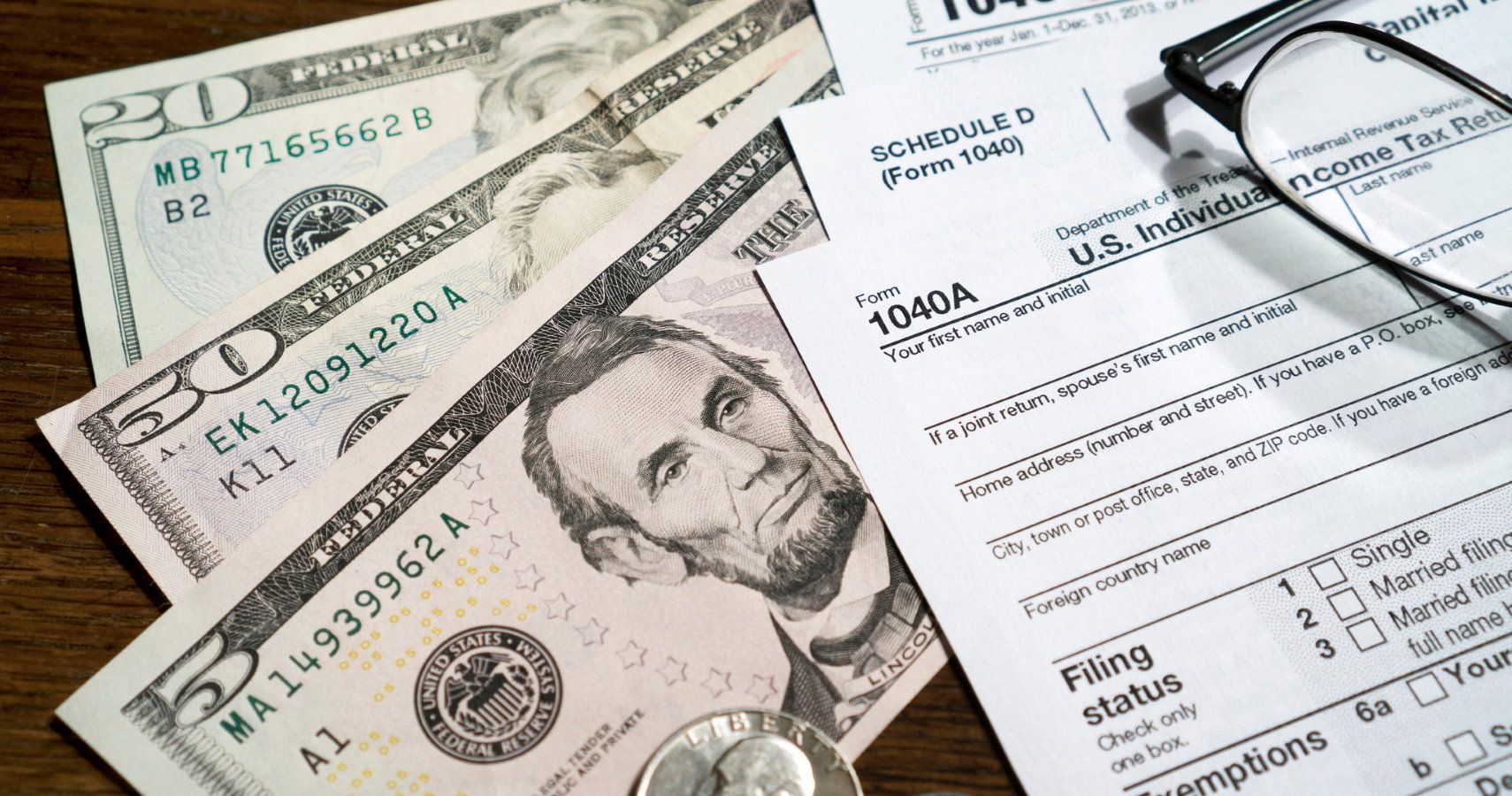Esports players are discovering the terrible world of the American Tax Code.
This might come as a surprise to some, but Article I, Section 8 of the United States Constitution allows states to tax nonresidents on their personal income. For most people, this doesn’t matter since the State of California isn’t about to tax Jon Doe for his personal income if he’s a mechanic working in Idaho. But for professional sports stars, this becomes more relevant. Suddenly, these players making multi-million-dollar marketing contracts and appearance fees make an attractive target for state tax enforcement.
And while this attention used to be reserved for NBA, NFL, and various other N-based sports leagues, professional esports players are starting to get more and more scrutiny as the industry grows.
A new report from The Washington Post points out that professional esports stars are becoming the target of tax collectors thanks to ever-increasing prize pools.
Especially now that larger leagues such as the Call of Duty League, Overwatch League, and NBA 2K League are adopting franchise models, it's now easier than ever for state tax collectors to keep track of where teams are located, where they'll be playing, and just how big a prize they'll take home if they win a local tournament.
Take Overwatch League player Jay “Sinatraa” Won of the San Francisco Shock. After winning the Overwatch League Grand Finals last year in Philly, he found out that he’d have to pay 55% on his prize winnings.
This likely came as a shock to players in the Overwatch League, since ignorance usually kept players from paying these state taxes on professional athletes. Those days are gone as now the leagues themselves are withholding taxes in order to comply with state tax legislation.
It's not always the case that leagues will do the tax math for players, however, and leagues that label players and casters as contractors still technically have to pay even if they receive their full payment from the league. A lawyer speaking to The Post said that it's possible that in the future state tax collectors will track players using their IP addresses to make sure they pay up.
For now, though, professional esports players are learning that even if they win big, Uncle Sam takes his cut.
Source: The Washington Post


